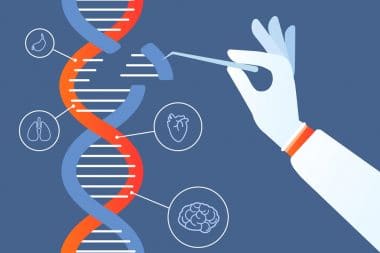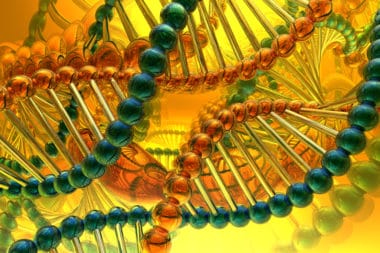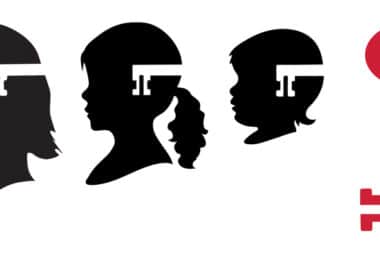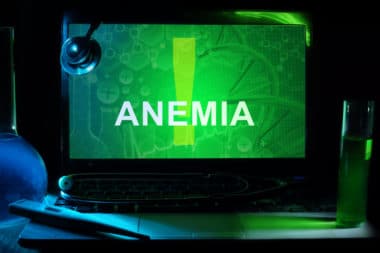Over eons, the urge to know one’s legacy has tickled the curiosity of men. No wonder the popularity of DNA testing kits is on the rise. According to a study conducted by MIT, more than 10 million people all over the world have already purchased DNA testing kits from companies that aim to thrive on a B2C working model. While that’s exemplary on their part, these DNA test kits vary from one another, in the way the samples are collected and the tests performed and reports generated. If you are considering buying yourself a DNA test kit, you have kit options depending on what you want to discover. Whether you are keen to know your relation to someone famous, or might have a genetic predisposition towards a rare disease or track your biological family; ancestry DNA testing has a lot in store to offer.
Exploring Uncharted Ancestry
One might be aware of how your family immigrated into a country, but few know about their ancestry from way back due to a lack of records. There are many who in spite of having resources couldn’t seem to connect with their biological families and some are unaware of their immediate ancestors for no good reason. While all such possibilities sound fascinating, DNA results can be surprising. Take the example of a woman by the name of Alice Collins Plebuch who took a DNA test only to find out how her father got switched at birth in the hospital a century ago and was glad to make a connection with the other biological family members all these years later. The story was covered by The Washington Post and became quite a bit of sensation among all those who had taken a DNA test before and the ones who were planning to. MyHeritage DNA, a prominent name in the field of ancestry DNA testing, has helped millions explore their past and find new meaning in their lives. Click here to read the full MyHeritage DNA review in detail.
Tracking Your Extended Family
One might know of their siblings and first cousins, but seldom do they know of any extended family, that might exist somewhere. This is especially true in cases where some individuals were adopted by their current parents at a very young age and have no clue about their biological family. Ancestry DNA testing companies allow users to create an account with them and share their DNA test results with other users. The reports are then being run and matched across the database to locate possible matches. When both users give their mutual consent, they might have a chance to meet up and converse with their long lost aunts and uncles. Here’s a case study that sheds more light into tracking extended family members through ancestry DNA testing.
Toni DiPini, an elderly ordained minister, knew she was adopted and tried to locate her original family using the services of a private detective to no avail. It was after fifty long years that she took the help of Ancestry DNA testing to land a chance encounter with her biological first cousin.
Aid To Predict Future Health Condition
Besides tracking your legacy, ancestry DNA testing also functions to offer information regarding tendencies that are often inherited towards serious health conditions. This includes the likes of Parkinson’s and Alzheimer’s along with a few blood-related disorders, which can lead to fatal consequences. In the majority of cases, the genes aren’t alone responsible for affecting one’s health. There can be several factors that influence the development of a severe condition like Alzheimer’s, for instance, one’s lifestyle that often plays a significant part. Alternately, genes can also mutate during the gestation period of a baby, and during a lifetime. One must not assume that an increased genetic predisposition will mean they will develop a disease. Instead, such findings from ancestry DNA testing can help put your medical practitioner on the right path to suggest preventive measures.
Ancestry DNA Testing At Home
Ancestry DNA testing aims to offer a user-friendly approach for all tests done. One can start by ordering a self-use test kit online that comes with detailed instructions and tools to collect your DNA sample. In most cases, the test kit contains a swab that needs to be used to obtain a sample of your saliva from the insides of your cheek. There is no pain or discomfort involved. However, one is always advised to refrain from, eating, drinking, smoking and brushing, at least 30 minutes ahead of the sample collection. After you have collected the sample, you need to mail back the sample in a closed envelope and wait for the results to come in anytime between 4-8 weeks. You also get the option to receive your test results online through email.
|
DNA Types |
||
|
Y-DNA |
mtDNA |
atDNA |
| Only males carry this type of DNA, and hence one can track only paternal ancestors using the information over generations. | Can only reveal information about the maternal line of ancestors. | A mixture of both paternal and maternal DNA that can be used to reveal information about your ancestors, but not more than six generations. |
A Pathway Into The Unknown For Everything Good
Ancestry DNA testing has a plethora of benefits. Besides letting you explore your ancestors and biological parents (for all those who were adopted), it also offers far-reaching insights about health conditions, thus reducing the risk of diseases and contributing to better medical science. Have you ever taken a DNA test or planning to get one? Drop us a line below and let us know your thoughts on this.








Reply